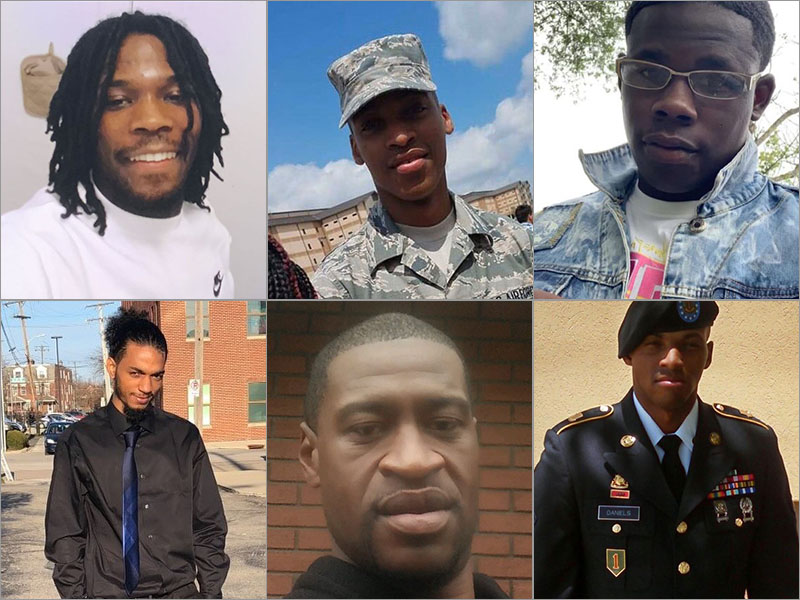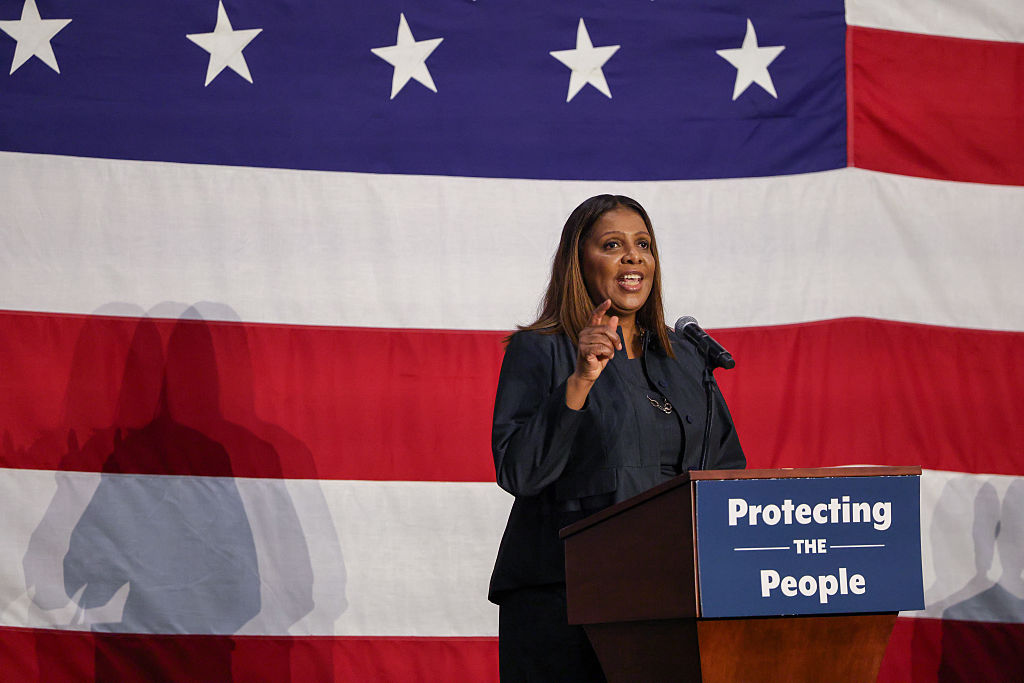The Death Of George Floyd: A Letter From A Black Man To America
A Letter From A Black Man To America Two Years After The Death Of George Floyd
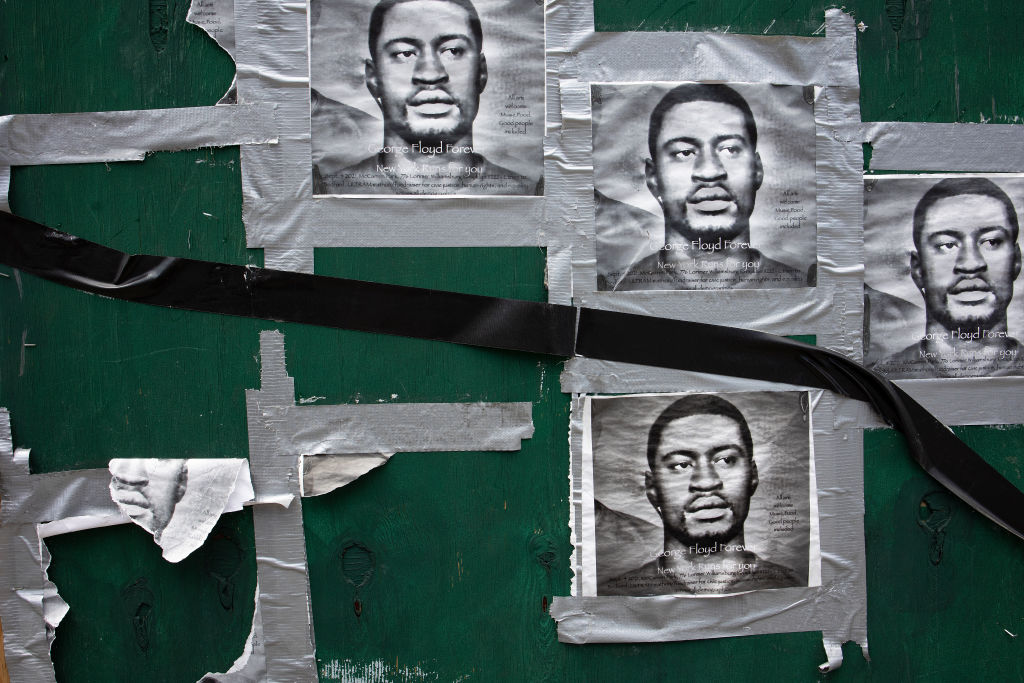
Source: Andrew Lichtenstein / Getty
Dear America,
It’s been two years since I watched George Floyd lose his life at the hands of the police and I need to be honest with you, I am not healed one bit. It still feels like it was yesterday.
As a Black man in America, I am forced to live with the fear that a minor encounter with a police officer could mean my mother will never get to hear my voice again.
I also have to live with the pain and anger that consumes me when another Black man is killed by the police.
I’m tired.
George Floyd still could have been any of us.
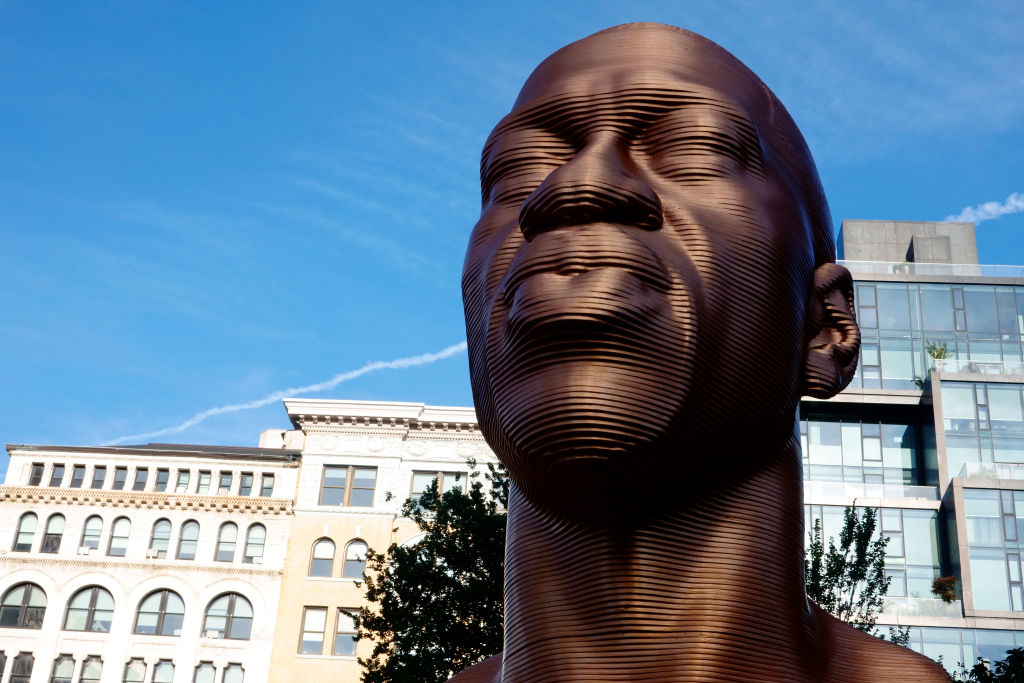
Since then I’ve asked myself so many questions. How come the police hate us? Will I ever get to live a life free of fear, free of pain, and anger? But the question that scares me the most is, do I need to see a therapist? The answer to the last question is, probably.
When soldiers go to war, some come back broken because of the devastation, destruction, and trauma they had to endure. It’s called PTSD, or post-traumatic stress disorder and it’s a serious condition.
If you can have sympathy for a soldier’s pain, how come you have little for Black pain. Our trauma is just as real as anyone else’s and we never signed up for it.
In 2007, Robert. T. Carter theorized that individuals of color who experience racially charged discrimination as traumatic and often generate responses similar to post-traumatic stress. This was known as Race-based traumatic stress. It’s defined as the traumatic response to stress following a racial encounter.
Racial trauma can be experienced by an individual or by an entire community and can also come with a host of symptoms such as anxiety and depression, loss of appetite, nightmares, low self-esteem, etc.
Long-term effects could even lead to decreased quality of life and a reduced life span.
Every time a Black person witnesses police brutality it mentally breaks us a little. If we do not recognize our brokenness we may never heal.
This is where you come in America.
We can not get better without you acknowledging our pain and understanding we are all in this together. When we are broken, so is America whether you can see it or not.
Police brutality didn’t end in the two years after George Floyd was killed and it probably won’t end anytime soon. But Black people know this and don’t expect it to change. What we do expect is your love and your acknowledgment of our pain. Once we get that, maybe we can get to the light at the end of the tunnel.
Yours Truly,
Bilal
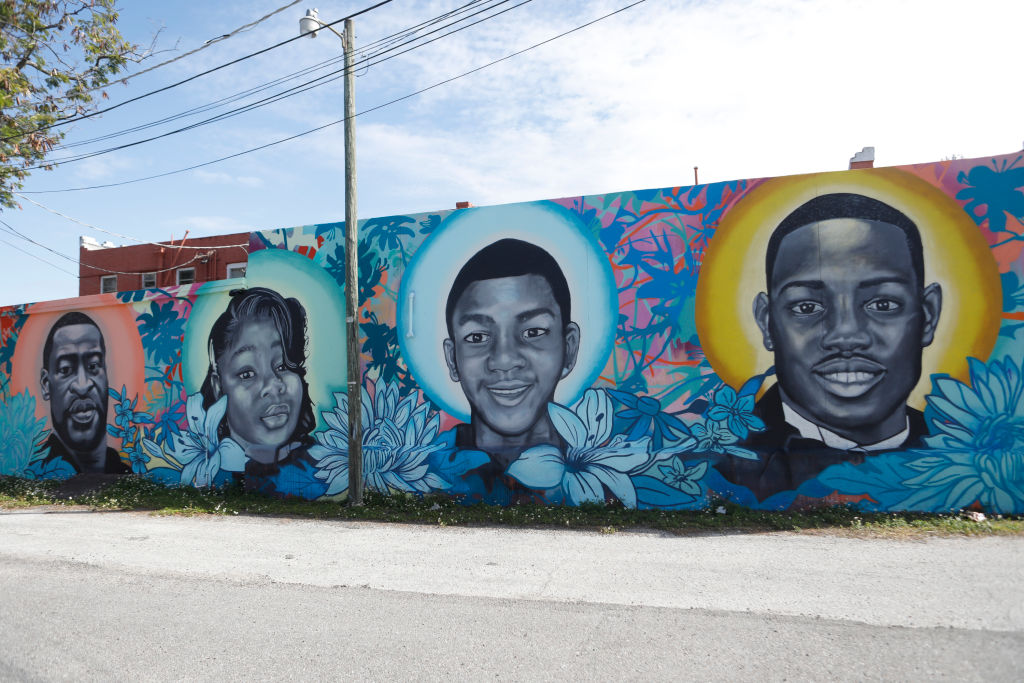
Source: The Washington Post / Getty
SEE ALSO:
HBCU Students Blamed As Cops Cleared For Violent Arrests At George Floyd Protest
OP-ED: Black Mothers Have Much At Stake In This Election Especially Autonomy And Freedom

